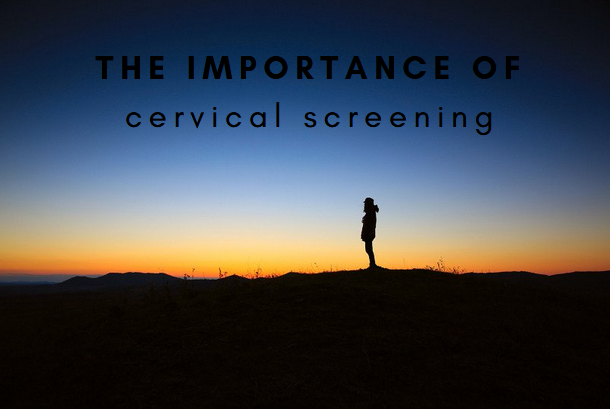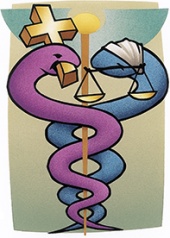70 years of bringing people into the world, looking after people in need, putting people back together again, fixing bones and scrapes, replacing internal organs, saving lives, making lives better, holding hands in times of need, saying nice things, delivering bad news, staring death in the face.
We should be forever grateful for our NHS, and forever protective of it to keep it as a free service for everyone who needs it. It will be a sad and socially dividing day if our NHS is ever privatised and we’re all forced to pay for care.
When we were in LA a few years back we made friends with a guy, Steve, who had no health insurance because he couldn’t afford to pay for it. He got sick and was put into a coma in order to recover; he was in hospital for 10 days all told. The doctors knew he had no insurance, so at that point they literally had to make a decision as to whether a man’s life was worth saving for “free”.
Steve recovered, thankfully for him. But the debt he accrued from his hospital stay was allocated against his name, his records, so that any time he earned any money, it was deducted at source as payment towards what he owed. Steve had an estimated $50,000 debt from that hospital stay and the treatment he received. He will never be able to fully pay it back and will never be able to get on his feet financially because of it. The treatment saved his life, but will also negatively affect the rest of his life too.
What a horrifying situation to be in.
Of course the NHS sometimes gets a bad rep; sometimes it’s deserved and sometimes it isn’t. People are always quick to point out the negatives, but less so the positives. However, knowing that in times of need there are highly trained doctors, nurses, physiotherapists and surgeons on hand to do whatever they can whether you’re living on the breadline or a millionaire is a comforting thought.
The NHS has given me years of expensive corrective dental treatment when I was a kid, treated me for pre-cancerous cells, diagnosed and continue to prescribe medication for my depression. The care and compassion of the nurses and staff on the day my Dad died will remain with me forever.
Here’s to everyone that is part of the NHS – not just the frontline treatment staff but the receptionists, the hospital porters, the cleaners. Nurses who go above and beyond to deliver not just medical care but hand holding, tissues, compassion and a shoulder to cry on. Surgeons who hold peoples’ lives in their hands. GPs with their extensive knowledge of a whole range of ailments; every day and otherwise, and can write us a prescription to make us better.
Share your NHS experiences with me in the comments!
Thanks, as always, for reading. x



